July 16 - July 20, 2018
at the DoubleTree Hotel in Rohnert Park, CA
Focal Sessions are led by Fellows and Visiting Scholars of the Foundation for Critical Thinking. These sessions are 'focal' because they focus on the very foundations, or the central ideas, in a rich conception of critical thinking. Each Focal Session targets one or more essential concepts or sets of principles in critical thinking, often in connection with essential applications of critical thinking. These sessions are scheduled concurrently, with 3-4 choices in each Focal Session 'time slot.' Therefore, when you register for the conference online, you will be asked to select one session for each slot.
You may read full descriptions of the various Focal Session choices here .
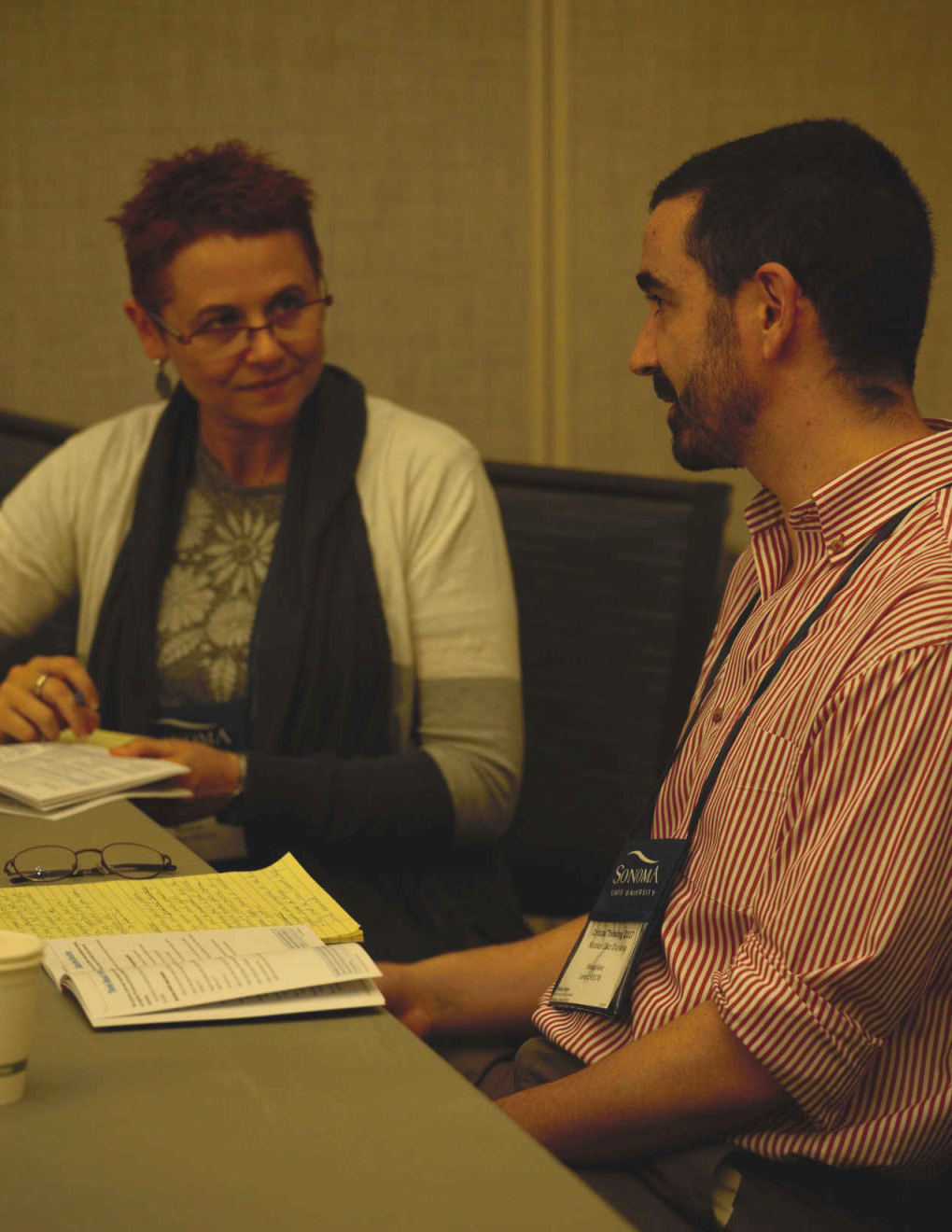 This is a new type of session at the Annual International Conference. One Plenary Session occurs at a time, led by a Senior Fellow of the Foundation for Critical Thinking, and all participants are invited and encouraged to attend. As with Focal Sessions, each Plenary Session deals with the foundations of critical thinking, as well as one or more important contextualizations of these foundations. These sessions focus on critical thinking principles applicable across teaching and learning, all fields of work, and indeed throughout human life. They are essential to living the examined life; therefore, all participants should find them enriching and enlightening.
This is a new type of session at the Annual International Conference. One Plenary Session occurs at a time, led by a Senior Fellow of the Foundation for Critical Thinking, and all participants are invited and encouraged to attend. As with Focal Sessions, each Plenary Session deals with the foundations of critical thinking, as well as one or more important contextualizations of these foundations. These sessions focus on critical thinking principles applicable across teaching and learning, all fields of work, and indeed throughout human life. They are essential to living the examined life; therefore, all participants should find them enriching and enlightening.
Concurrent Sessions are conducted by conference participants whose presentation proposals have been approved by Fellows of the Foundation for Critical Thinking (see 'Call for Proposals' above). These are presentations in which faculty, educational administrators, professionals, government and military instructors and leaders, and advanced students share their experiences in bringing critical thinking into the teaching and learning process, into daily decision-making, and across the organization or department. Concurrent presenters may share their research in critical thinking, or their developed theory and application of critical thinking. All Concurrent Sessions are expected to be couched in a rich conception of critical thinking.
There are typically 4-6 of these sessions scheduled during each Concurrent Session block. You will receive a copy of the Concurrent Session program at the conference, and will be free to choose whichever sessions you would like to attend. The program will also appear on this website as proposals are approved.
Like Concurrent Sessions, Roundtable Discussions are conducted by conference participants whose presentation proposals have been approved by Fellows of the Foundation for Critical Thinking. However, these discussions are held in circles, and are more discourse-based than other session types. Each Discussion leader will begin with a 5-10 minute presentation, which will then open into a dialogue among everyone in the circle, with the Roundtable presenter taking a Socratic questioning role in leading the discussion. All Roundtable Discussions are expected to be couched in a rich conception of critical thinking. (In some instances, two or more Roundtable Discussions may be combined; in such cases, each Discussion leader will take turns presenting before the dialogue begins, and will take turns leading the dialogue.)
All Roundtable Discussions take place concurrently. Participants are free to attend whichever ones they wish, and can move between discussions after initial presentations have been made. You will receive a copy of the Roundtable program at the conference, and this program will also appear on this website as proposals are approved.
| If Paid by June 16, 2018 | Price Per Person |
|---|---|
2-Day Option |
|
5-Day Option |
|
| If Paid AFTER June 16, 2018 | Price Per Person |
|---|---|
2-Day Option |
|
5-Day Option |
|
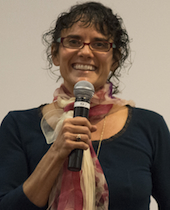
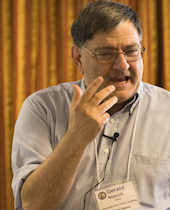
Dr. Gerald Nosich is a prominent authority on critical thinking and Senior Fellow at the Foundation for Critical Thinking; he has given more than 150 national and international workshops on the subject. He has worked with the U.S. Department of Education on a project for the National Assessment of Higher Order Thinking skills, has served as the Assistant Director of the Center for Critical Thinking, and has been featured as a Noted Scholar at the University of British Columbia. He is Professor Emeritus at SUNY Buffalo State and the University of New Orleans. He is the author of two books, including Learning to Think Things Through: A Guide to Critical Thinking Across the Curriculum .
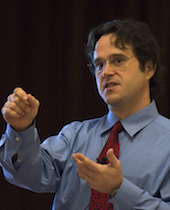
Dr. Brian Barnes holds a Ph.D. in Interdisciplinary Humanities and an MA in Philosophy from the University of Louisville. Barnes is a veteran of the US Army, along with other non-academic careers, and currently teaches face-to-face and online classes at several universities in traditional philosophy topics, along with courses in sustainability, critical thinking, and Japanese sword practice. He has co-authored articles examining critical thinking strategies and tactics for the National Teaching and Learning Forum and is the author of the textbook, The Central Question: Critical Engagement with Business Ethics (2013). Barnes co-hosts the weekly radio show, Critical Thinking for Everyone!, on 106.5 Forward Radio in Louisville, and he also created the critical thinking comic book series, Adventures in Critical Thinking . Dr. Barnes was a direct student of Dr. Richard Paul.
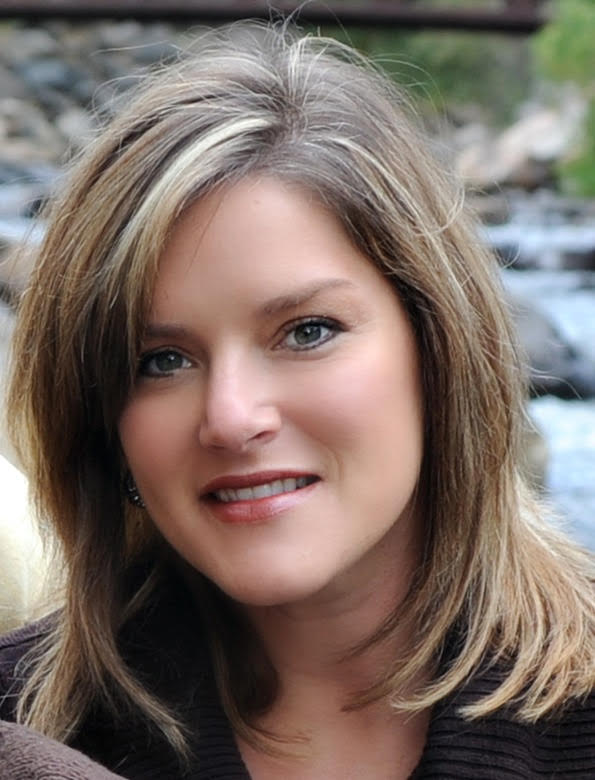
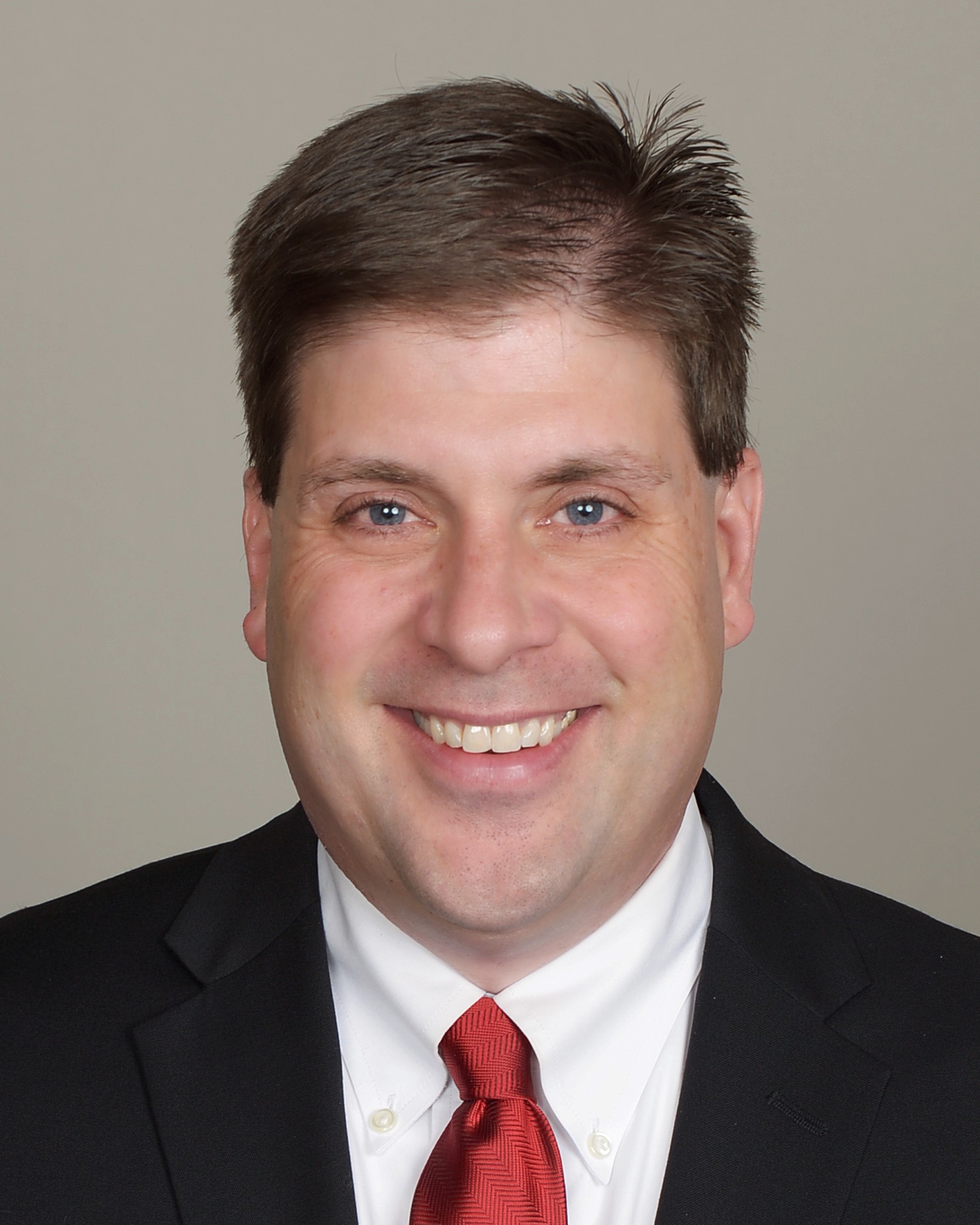
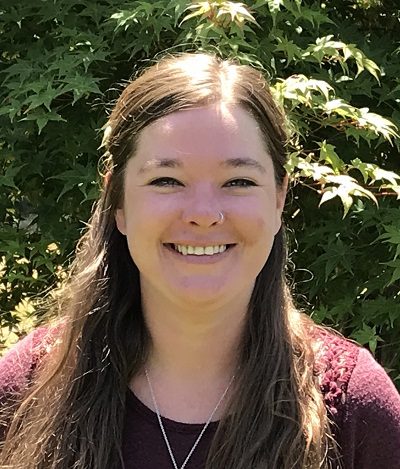
For all attendees …
Choose from the following Focal Sessions for Monday morning…
Choose from the following Focal Sessions for Monday afternoon…
Plenary Session (all attendees welcome) …
Choose from the following Focal Sessions for Tuesday morning…
Plenary Session (all attendees welcome) …
Choose from the following Focal Sessions for Tuesday afternoon…
Plenary Session (all attendees welcome) …
Plenary Session (all attendees welcome) …
For all attendees …
Plenary Session (all attendees welcome) …
For all attendees …
For all attendees …
Closing session for all attendees …